Therapy for Autistic Teens & Adults
Support That Honors Who You Are
Autism isn’t a disorder to be “fixed”—it’s a way of experiencing the world. Yet so many autistic people spend their lives masking, adapting, and trying to fit into spaces that weren’t built with them in mind. At Time for Therapy, we take a neurodiversity-affirming approach that celebrates autistic identity, provides support for unique challenges, and helps you build a life that truly fits you—not the other way around.
Here, you don’t have to explain why eye contact feels uncomfortable or why socializing drains you. We already get it. Our approach is built on science, lived experience, and deep respect for neurodiversity. In fact, our founder, Dr. Kyler Shumway, is the Audible Exclusive author of Neurodiversity and the Myth of Normal—a book that challenges outdated ideas about ADHD, autism, and other neurotypes.
Whether you’re exploring self-discovery, struggling with burnout, or seeking support for anxiety, relationships, or emotional regulation, our therapy is designed to meet you where you are—without forcing you to change who you are.
Ready to book your first session? Contact us today!
When Is It Time to Get Therapy?
Therapy can be helpful at any stage of life, but it might be especially valuable if:
✔ You’ve been masking for years and feel exhausted trying to “keep up” with neurotypical expectations.
✔ You’re struggling with autistic burnout, feeling emotionally and physically drained by daily life.
✔ Social situations feel overwhelming or confusing, and you want support navigating friendships, relationships, or workplace interactions.
✔ You’re processing a late diagnosis and trying to make sense of what autism means for you.
✔ You experience meltdowns, shutdowns, or sensory overload, and you want to develop coping tools that actually work.
✔ You’re dealing with anxiety, depression, or self-doubt, often shaped by a lifetime of feeling misunderstood.
Therapy isn’t about making you “fit in”—it’s about helping you find peace, self-acceptance, and practical strategies for living life on your own terms.
What Does Therapy for Autistic People Look Like?
Traditional therapy often assumes a neurotypical perspective, but at Time for Therapy, we take an approach that is affirming, flexible, and tailored to autistic needs. Some of the ways we support autistic teens and adults include:
💙 Processing Identity & Self-Discovery – Whether you were diagnosed early in life or recently, therapy provides space to explore who you are beyond society’s expectations.
🌿 Managing Autistic Burnout – Learning how to rest, recharge, and create a life that doesn’t constantly drain you.
🔄 Sensory & Emotional Regulation – Helping you understand what overwhelms you and what actually helps—without forcing neurotypical coping methods.
💬 Social & Relationship Support – Providing guidance on navigating friendships, dating, and workplace interactions in a way that feels authentic.
🔍 Internal Family Systems (IFS) & Emotion-Focused Therapy (EFT) – Exploring how different parts of you experience the world and how to work with those emotions instead of against them.
🧠 Unlearning Harmful Messages – Addressing past traumatic experiences with ABA-style interventions, masking, and ableism, and finding self-compassion instead.
Therapy isn’t about changing you—it’s about supporting you, honoring you, and helping you build a life that works for your brain.
Self-Help Strategies for Autistic Well-Being
While therapy provides structured support, here are some things that might help in daily life:
✔ Develop your own “safe space” – A sensory-friendly environment (weighted blankets, noise-canceling headphones, soft lighting) can help with regulation.
✔ Practice self-advocacy – Give yourself permission to ask for accommodations and set boundaries.
✔ Reduce masking where possible – Start small by allowing yourself to stim, avoid eye contact, or use preferred communication styles.
✔ Identify your recharge activities – Whether it’s special interests, quiet time, or deep-pressure comfort, prioritize what helps you recover from overstimulation.
✔ Challenge internalized ableism – You don’t have to be “productive” to be valuable. You are enough as you are.
These strategies can help, but you don’t have to figure it all out on your own. Therapy can provide the guidance, validation, and support to help you navigate life with more ease.
The Best First Step? Sign Up for Therapy.
If you’re tired of masking, struggling, or trying to fit into spaces that weren’t built for you, therapy can help you create a life that actually works for you. No pressure to change, no expectation to conform—just a place to be fully, unapologetically you.
Sound like a good fit? Don’t wait. Reach out today to get started.
